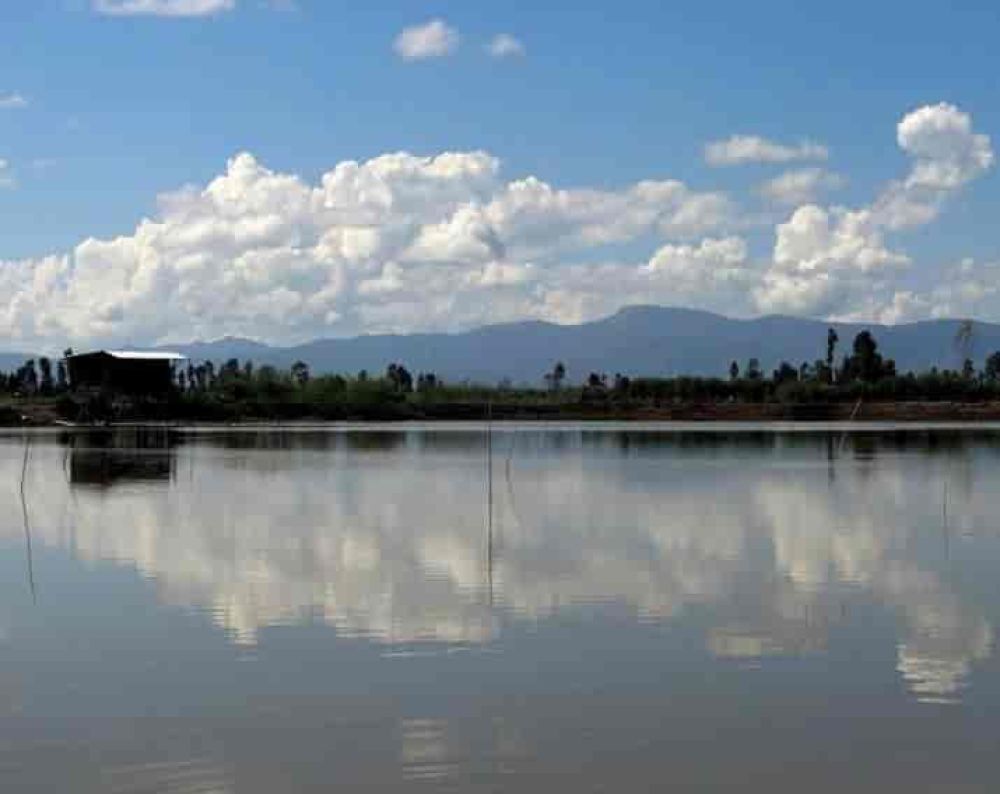

Located amid the lush greenery of Thoubal district, Manipur, India, Ikop Lake is a natural wonder that has long captivated the hearts of travelers around the world. The lake’s history with tourism is relatively recent, as for many centuries, it was chiefly an integral part of the local ecosystem and the lifeline for the surrounding communities. Not just a body of water, Ikop Lake has been the source of water for irrigation, fishing, and domestic needs in the region.
The evolution of tourism at Ikop Lake began to take shape as the world started recognizing the untapped potential of Northeast India’s natural and cultural heritage. Initially, most of the tourists visiting Manipur were domestic travelers, but gradually, word of the state’s pristine locales spread across borders.
The late 20th and early 21st centuries marked a significant era for Manipur as the state government and local stakeholders began to emphasize tourism development. Strategically, Ikop Lake was identified as a promising spot due to its scenic beauty and the tranquility it offered away from the urban hustle.
Traditionally, the communities around Ikop Lake have celebrated their culture and livelihoods connected with the lake. This has piqued the interest of those seeking cultural experiences as part of their travels. Tourists come to witness local festivals and revel in the traditional fishing techniques that are unique to this region. This cultural tourism aspect has been a relatively recent addition to Ikop Lake's tourism portfolio.
As global travelers grow more environmentally conscious, Ikop Lake has started to gain a foothold in the eco-tourism sector. The surrounding areas, teeming with flora and fauna, provide brilliant opportunities for birdwatching, nature walks, and the exploration of Manipur’s biodiversity.
The government, in turn, has taken steps to promote sustainable tourism practices that ensure the protection of Ikop Lake’s ecosystem while facilitating tourism-related activities. This includes creating eco-friendly accommodations and increasing awareness about responsible tourism practices among visitors.
With the rise of adventure tourism, Ikop Lake is not far behind. Visitors now seek engaging activities like boating, kayaking, and angling. These activities are packaged to provide a thrilling yet safe experience, integrating adventure with local traditions.
The Manipur government and tourism stakeholders envision a future where Ikop Lake is a globally recognized destination that upholds its natural beauty and supports the livelihoods of the local communities. With continued investment in infrastructure and services and an emphasis on conservation, Ikop Lake’s tourism history is poised to grow richer and more vibrant.
The trends in tourism point towards a more immersive experience, allowing travelers to live and breathe the local atmosphere without leaving a negative impact. With such principles guiding its development, Ikop Lake is expected to become a shining example of ecological balance and sustainable tourism, enticing nature lovers and culture enthusiasts alike for generations to come.